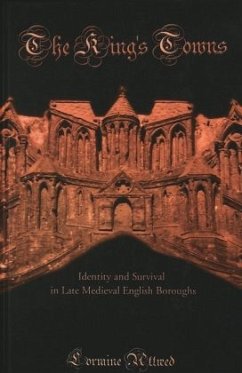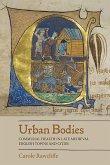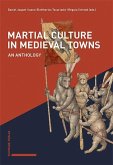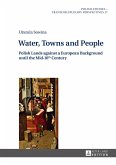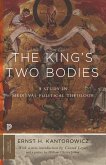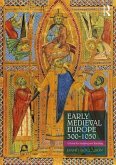The King's Towns is the first book to study the relationship between England's central government and four royally constituted towns of the provinces from the fourteenth through sixteenth centuries. This critical time period presented such challenges as the post-plague economy and the Wars of the Roses. The work's comparative approach permits an in-depth study of such topics as urban violence and commercial activity. Its chronological scope reveals the evolution of monarchical power interfacing with the localities, and sheds light on the debate concerning the "New Monarchy" developing across Europe. This is a study about the search for identity, as civic officials and townspeople learned to live with and exercise their hard-won liberties. The work reveals how medieval towns embodied political philosophies of self-determination as well as ideals of social and economic advancement still recognizable today.

